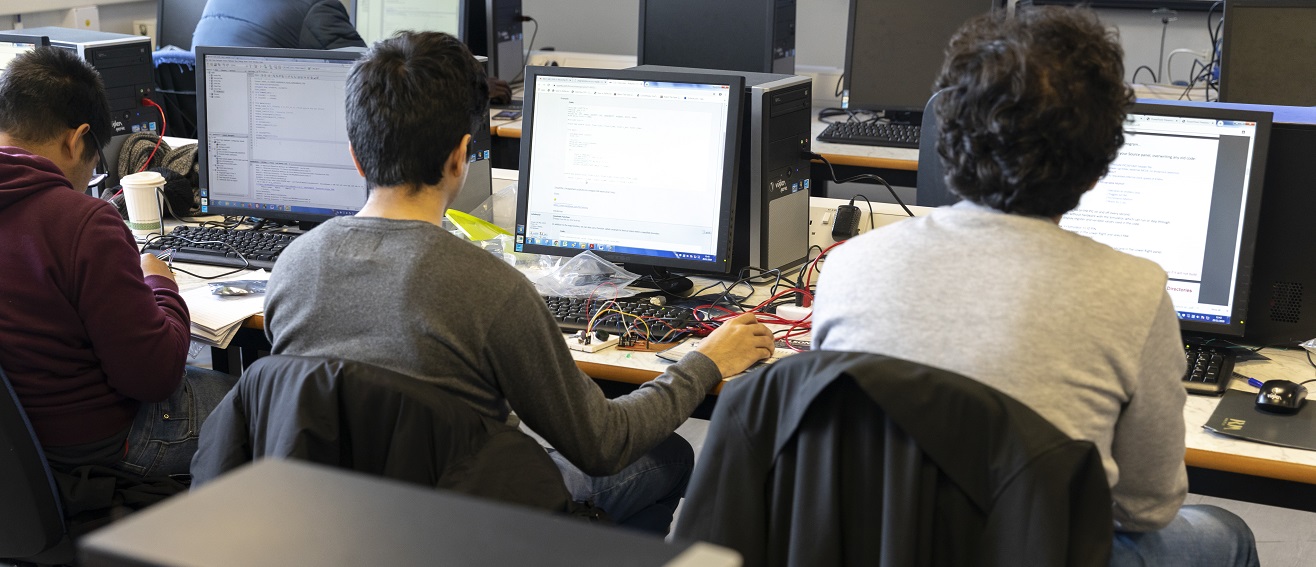Artificial Intelligence is becoming increasingly common in the modern world and there is a constant and sustained need for professionals who have the expertise and training needed to understand AI technologies and to use them responsibly. Additionally, from a societal perspective, it is crucial that citizens of the future have a basic understanding of AI concepts so that they can engage both effectively and critically with AI systems which are becoming a constant presence in our daily lives
To meet the growing need for AI, experts and AI-educated professionals this MSc in Applied Artificial Intelligence aims to convert graduates into AI specialists who are able to meet the demands of industry and society in AI, with particular emphasis on crucial areas such as smart manufacturing and industry 4.0, natural language processing and computer vision.
The course is uniquely designed for both graduates or practitioners from a computing and non-computing background, wishing to pursue a career in the development of machine learning and artificial intelligence solutions to practical problems and addresses the latest developments in machine learning and artificial intelligence through a rich series of seminars from experts in the field.
Work placement options are available from September 2025! The work placement option is seeking accreditation from the British Computer Society (The Chartered Institute for Information Technology).



